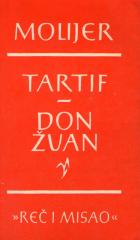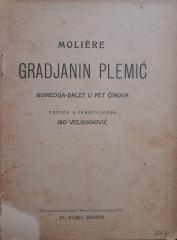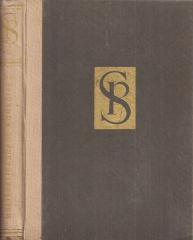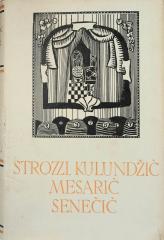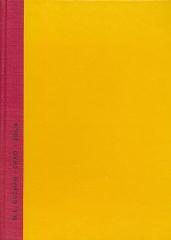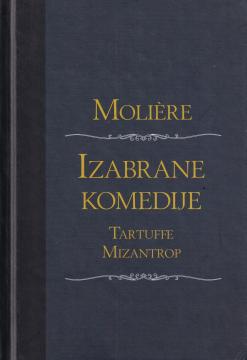
Izabrane komedije: Tartuffe / Mizantrop
Tartuffe is Molière's typical Plautian comedy, written in 1664, when it was first performed. The Misanthrope or Irritable Lover is a comedy of manners, first performed on June 4, 1666, at the Théâtre du Palais-Royal in Paris.
Tartuffe (1664) is a comedy that mocks hypocrisy and false piety. The plot revolves around Tartuffe, a con artist who poses as a pious man in order to manipulate the wealthy Orgon. Tartuffe gains Orgon's trust, planning to take over his estate and seduce his wife, Elmire. Orgon's family, including the sensible maid Dorine, try to expose Tartuffe's deceit. Through comical twists, Elmire executes a plan to expose Tartuffe to Orgon, and the king's intervention prevents the ultimate disaster. The comedy criticizes religious hypocrisy and naivety, with Molière's sharp humor and witty dialogue.
The Misanthrope (1666) is a darker comedy that follows Alceste, a man obsessed with truth and a hatred of social lies. Alceste falls in love with the flirtatious Célimène, whose superficiality and flirtations cause conflict. His friend Philinte advises him to adapt to social norms, but Alceste refuses to compromise, leading to his isolation. The comedy explores the tension between idealism and pragmatism, mocking the hypocrisy of the aristocracy. Both plays, filled with vivid characters and sharp satire, expose the weaknesses of society, making Molière a timeless master of comedy.
One copy is available
